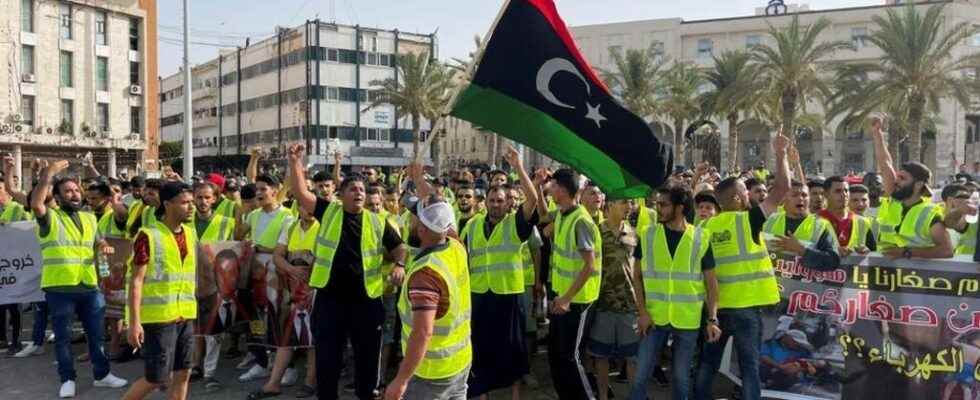In Libya, Friday July 1 was marked by numerous demonstrations throughout the country, a new phenomenon because there are many divisions and the issues are different depending on the region, but currently economic difficulties affect the vast majority of the population. .
The long power cuts that can last between 12 and 18 hours a day, the rise in food prices… the anger is therefore strong against the political actors but also against the elites who monopolize whole sections of the economy.
” It is true that the anger that we see in Tobruk or even in the West is more precisely on the elites, in the general sense, those who manage to have a very good salary for life because they have been parliamentarians for a few months or because they use their status to make ends meet and be able to afford a lifestyle that has absolutely nothing to do with that of the average Libyan, and so on. So, there is really a very big, very intense resentment against this class. It’s true that, for example, when we see fuel trafficking activities, well, we end up with an official price that is always ridiculously low, but the official price is not accessible to the population because that fuel is immediately sent into the traffic circuits, either outside Libya or inside Libya itself. The Libyans thus find themselves buying 3 dinars per liter when they know full well that the official price is 15 cents, and so on… This is just one example among a series »says researcher Jalel Harchaoui, member of the NGO Global Initiative.
Read also: Libya: demonstrators take over the parliament building in Tobruk
